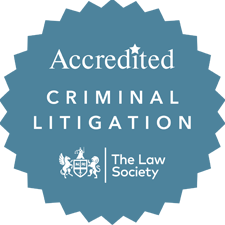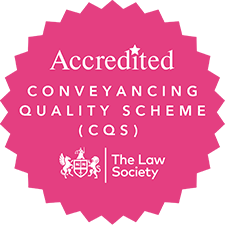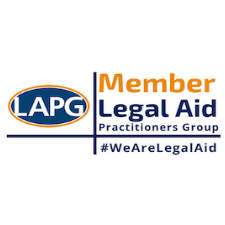Driving under the influence doesn’t only apply to alcohol. Drug driving is a serious offence with dangerous consequences. But what exactly does being “over the limit” mean when it comes to drugs, and how do police test for it?
What Is Drug Driving?
Drug driving refers to operating a vehicle while under the influence of legal or illegal drugs that impair your ability to drive safely. This can include:
- Illegal drugs like cannabis, cocaine and ecstasy
- Prescription or over-the-counter medication that affects your alertness, reaction time, or coordination
Even if a drug is legally prescribed, you can still be prosecuted if it affects your driving.
What Counts as ‘Over the Limit’?
The law sets specific limits for certain drugs in your blood. These limits are very low, and in some cases, even trace amounts can result in a positive test.
Examples of Drug Limits:
| Drug | Limit (micrograms per litre of blood) |
| Cannabis | 2 µg/L |
| Cocaine | 10 µg/L |
| Morphine (from heroin) | 80 µg/L |
| Diazepam | 550 µg/L |
| Ketamine | 20 µg/L |
Some drugs have a zero-tolerance policy for illegal use, while others have thresholds to account for prescribed use. For example, if you’re taking diazepam for anxiety with a valid prescription and within the recommended dosage, you’re unlikely to exceed the legal limit — but this doesn’t mean you’re immune from prosecution if your driving is impaired.
How Is Drug Driving Tested?
Testing for drug driving usually happens in two stages:
1. Roadside Testing
Police can stop drivers if they suspect impairment. They may conduct:
- Field impairment tests (e.g., walking in a straight line, pupil checks)
- Saliva swab tests for certain drugs like cannabis and cocaine
If the test is positive, you’ll be taken to a police station for further testing.
2. Blood or Urine Tests
At the station, a blood or urine sample is taken and sent to a lab to confirm the presence and concentration of drugs. This is where limits are measured and used as legal evidence.
What Are the Penalties?
In the UK, if you’re convicted of drug driving, you face:
- A minimum 12-month driving ban
- An unlimited fine
- Up to 6 months in prison
- A criminal record
- Increased car insurance premiums
Repeat offenders or those causing serious harm while drug driving can face more severe penalties.
How can we help?
If you find yourself facing a drug driving allegation or any other motoring offence it is vital to contact a solicitor as soon as possible to obtain expert legal advice.
Johnson Astills are experts in criminal law and motoring offences, and are able to assist 24 hours of the day at the police station. Our specialist advocates in the Criminal Defence Team are highly experienced in dealing with driving offences at both the Magistrates’ and Crown Court. Representation at the police station is free, and legal aid may be available for your case at the Magistrates’ and Crown Court. For offences which do not qualify for legal aid, we offer fixed fees for appointments and representation.
To discuss any motoring offences please contact our Criminal Defence Team at Johnson Astills at our Leicester office on 0116 255 4855 or our Loughborough office on 01509 610 312, or fill in our free online enquiry form and one of our friendly team will be in touch.









